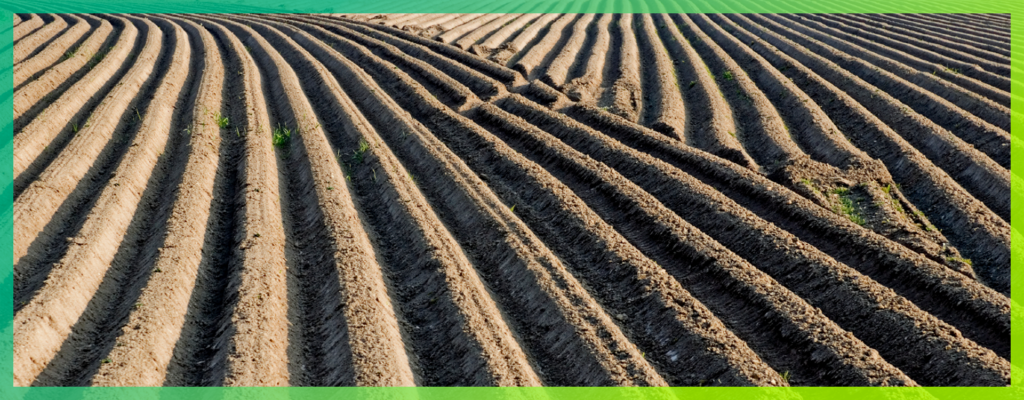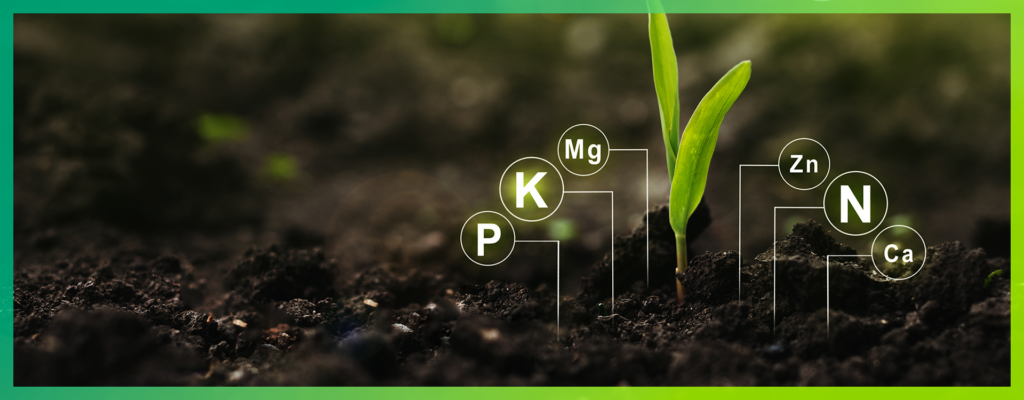The advancement of irrigation technology has provided huge opportunities for growers to produce safe and abundant food and fiber to our growing US and global population.
However, intensive irrigation can also create soil conditions that can be toxic to plants, as irrigation water and fertigation accumulates salts in the soil during the dry season when there is no rain to leach salts from soils. The accumulation of salts leads to compaction, restricted root development, reduced nutrient availability and reduced water infiltration, leading to stress on crops.
Without rain to purify our soils of salts, growers must find another way to improve soil conditions and relieve crop stress. Without an effective plan, the salt buildup can become more damaging during the growing season and other high stress times of the year.

Amendments including components like soluble/active carbon, calcium and surfactants can all help to improve soil condition and improve plant growing conditions.
The addition of soluble carbon (fulvic acid, humic acid, longer chain carbon and carboxylic acid) components can help to improve soil nutrient availability, sequester salts, stimulate root growth, improve moisture holding capacity, improve CEC and stimulate soil biological activity. The addition of soluble carbon is particularly beneficial in intensively farmed soils as carbon becomes oxidized through tillage and intensive cropping practices.
Calcium is also an important soil conditioning amendment. Calcium in cation form (Ca++) flocculates or “opens” soils. High levels of sodium and/or magnesium tighten clay particle pore space due to the relatively small size of the Mg++ and Na+ cations that bind soil aggregates together. Ca++ is a much larger cation that creates larger spaces between soil/clay particles.

Another beneficial component to incorporate to improve soil condition is the use of surfactants. Surfactants act to reduce water surface tension, allowing water to move more easily through soil pore spaces. When irrigation water is applied to soils, it carries salts which can be beneficial as fertilizer. It also can become toxic for your plant when salt concentrations become too high, or the mix becomes toxic when containing excess levels of salts like sodium, chloride, boron, sulfur and others. Surfactants help to keep the soil solution moving through soil pores and reduce excess concentrations in the root zone.
Ultimately, the best solution will likely contain combinations of the above components. Incorporating surfactants with soluble carbon and/or calcium can provide a synergistic approach to improving soil condition.
Redox Bio-Nutrients is a leader in providing these technologies for growers. Please see some product descriptions below and reach out to us with specific questions on how these products can help improve soil conditions on your ranch.
Subscribe to receive our Redox Bio-Nutrients updates